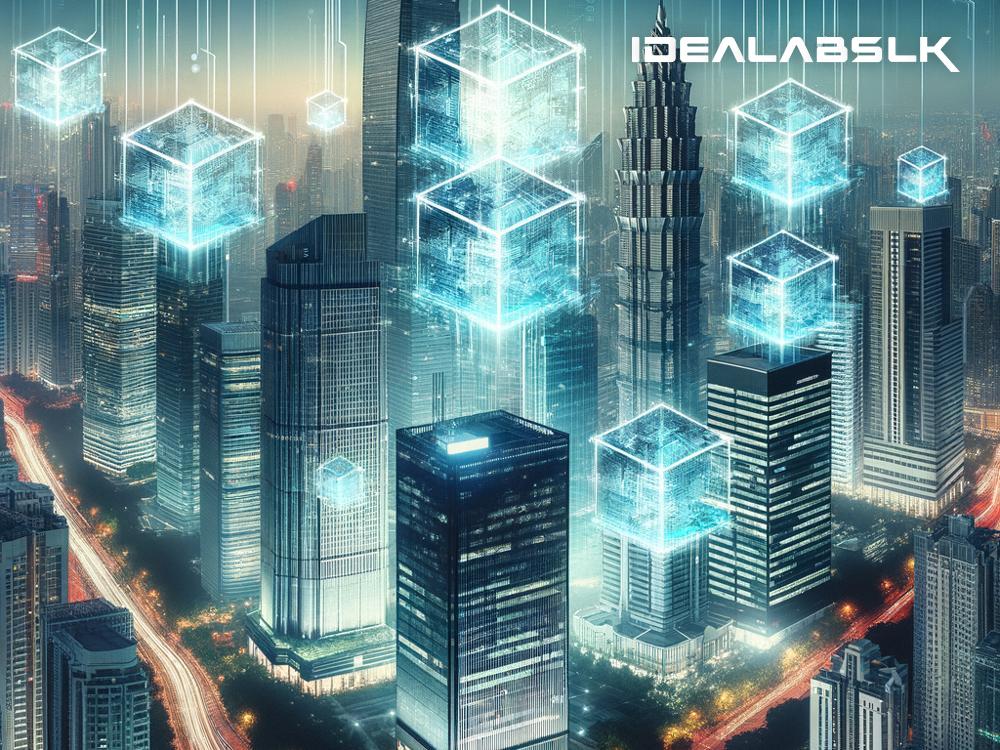Demystifying Blockchain for Real Estate Asset Tokenization
In the world of real estate, a revolutionary technology is making waves and potentially changing how we invest and own property: blockchain. This might sound a bit tech-heavy, but stick with me. We're going to break down what blockchain and real estate asset tokenization are, in a way that's easy to grasp. Think of this as Blockchain 101 for the Real Estate world.
What is Blockchain, Exactly?
Imagine a digital ledger or record book that's spread across thousands of computers worldwide. Each "page" or "block" of this book contains transactions or data, and once a page is filled, it's sealed and linked to the previous one, forming a chain — hence the name, blockchain. This system is incredibly secure because to change any information on one page, you'd have to change everything that comes after it on every computer it's stored on, which is practically impossible.
And What's Real Estate Asset Tokenization?
Real Estate Asset Tokenization might sound complicated, but it's a relatively simple concept when broken down. It involves breaking down the value of a property into digital tokens that can be bought and sold on a blockchain system. Think of these tokens as small pieces of the property. Instead of buying a whole building or land, you can own a portion of it, represented by these digital tokens.
Why Merge Blockchain with Real Estate?
The combination of blockchain and real estate solves several longstanding challenges in property investment:
- It Makes Real Estate More Accessible: Traditional real estate is expensive — there's no getting around it. However, with tokenization, you can own a piece of property with much less investment, opening the door to more investors.
- Increased Liquidity: Real estate is notorious for being a fairly illiquid asset; it can take months, if not longer, to sell. Tokens, however, can be sold much more quickly on blockchain platforms, making your investment more liquid.
- Transparency and Security: All transactions on a blockchain are visible to all participants and cannot be changed once verified. This reduces the chance of fraudulent activities and gives investors peace of mind.
- Fractional Ownership: Blockchain enables multiple investors to own a share of a property, which could potentially lead to a more stable investment as the risk is spread out.
The Process of Tokenization
- Property Valuation and Due Diligence: First, the real estate asset is appraised, and thorough checks are conducted. This ensures that the property is exactly as described and valued correctly.
- Creating and Issuing Tokens: Next, digital tokens representing shares in the property are created on the blockchain. These tokens then go up for sale, usually through a platform specializing in real estate tokenization.
- Investment and Ownership: Investors purchase tokens, which entitle them to a share of the property's value or rental income. These tokens can be held, sold, or even traded, much like stocks.
Potential Hurdles and Considerations
As exciting as blockchain and tokenization are, it's not all smooth sailing. There are regulatory hurdles, as the legal framework for such digital assets is still being developed in many parts of the world. There's also the issue of market adoption – while the idea is gaining traction, it's not yet mainstream.
What's Next for Real Estate and Blockchain?
The potential for blockchain to transform real estate is immense, but we're only scratching the surface. Continued technological advancements, combined with clearer regulations, could see tokenization become a standard part of real estate investing. For now, it's an area ripe for exploration and could very well be the future of property investment.
Final Thoughts
Blockchain and real estate asset tokenization might sound like futuristic concepts, but they're here and now processes that are beginning to reshape the investment landscape. By making property investment more accessible, transparent, and liquid, blockchain is not just disrupting the real estate industry — it's poised to revolutionize it. Whether you're a seasoned investor or just starting, keeping an eye on this space could open new doors to opportunities that were once out of reach.
In the end, as with any investment, it’s wise to do your own research and consider consulting with a financial advisor. But one thing is certain: blockchain technology is making its mark on real estate, and its impact is only set to grow. Welcome to the future of property investing.

